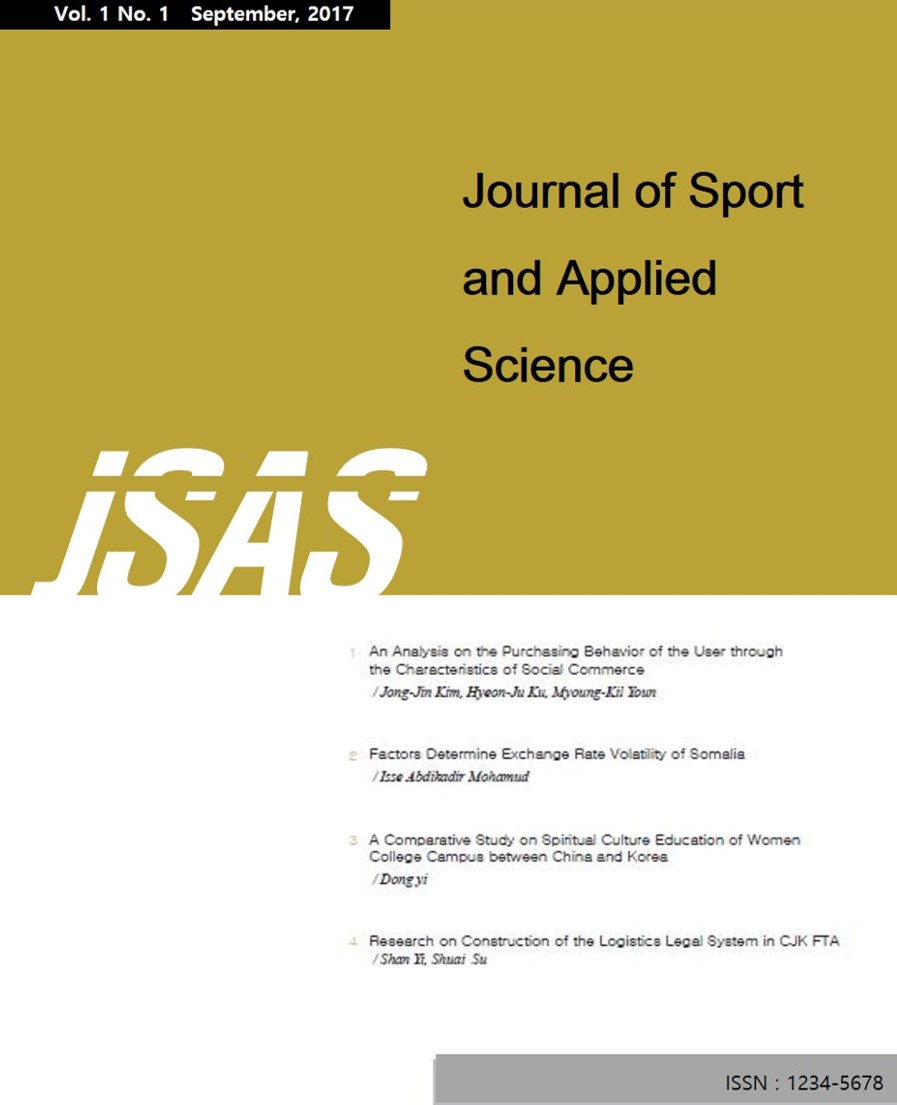 E-ISSN : 2586-6028
E-ISSN : 2586-6028
Vol.8 No.1
Abstract
The purpose of this study was to examine the structural relationship among organizational justice, athlete satisfaction, team commitment, and organizational citizenship behavior toward college athletes. To achieve this purpose, this study employed a convenience sampling method via a questionnaire dissemination. A total of 285 responses were collected from college athletes. Among those, 21 responses were excluded as they were not completed, leaving 264 usable data. The data was computed in SPSS 28.0 and AMOS 28.0, and analyzed with correlation analysis, reliability analysis, confirmatory factor analysis, and structural equation modeling analysis. Overall, organizational justice had a positive influence on athlete satisfaction, team commitment, and organizational citizenship behavior. Athlete satisfaction had a positive influence on team commitment and organizational citizenship behavior. However, there was no relationship between team commitment and organizational citizenship behavior. These findings provided empirical foundational data on the impact of organizational justice on psychological and behavioral outcomes and the overall efficiency and effectiveness of organizations, with a focus on college athletes who played a central role in the context of college sports setting
Abstract
Purpose: The purpose of the study was to understand a trend of esports in terms of gamers’ and fans’ perceptions toward esports using social big data. Research design, data, and methodology: In this study, researchers first selected keywords related to esports. Then a total of 10,138 buzz data created at twitter, Facebook, news media, blogs, café and community between November 10, 2022 and November 19, 2023 were collected and analyzed with ‘Textom’, a big data solution. Results: The results of this study were as follows. Firstly, the news data's main articles were about competitions hosted by local governments and policies to revitalize the gaming industry. Secondly, As a result of esports analysis using Textom, there was a lot of interest in the adoption of the Hangzhou Asian Games as an official event and various esports competitions. As a result of the sentiment analysis, the positive content was related to the development potential of the esports industry, and the negative content was a discussion about the fundamental problem of whether esports is truly a sport. Thirdly, As a result of analyzing social big data on esports and the Olympics, there was hope that it would be adopted as an official event in the Olympics due to its adoption as an official event in the Hangzhou Asian Games. Conclusions: There was a positive opinion that the adoption of esports as an official Olympic event had positive content that could improve the quality of the game, and a negative opinion that games with actions that violate the Olympic spirit, such as murder and assault, should not be adopted as an official Olympic event. Further implications were discussed.













